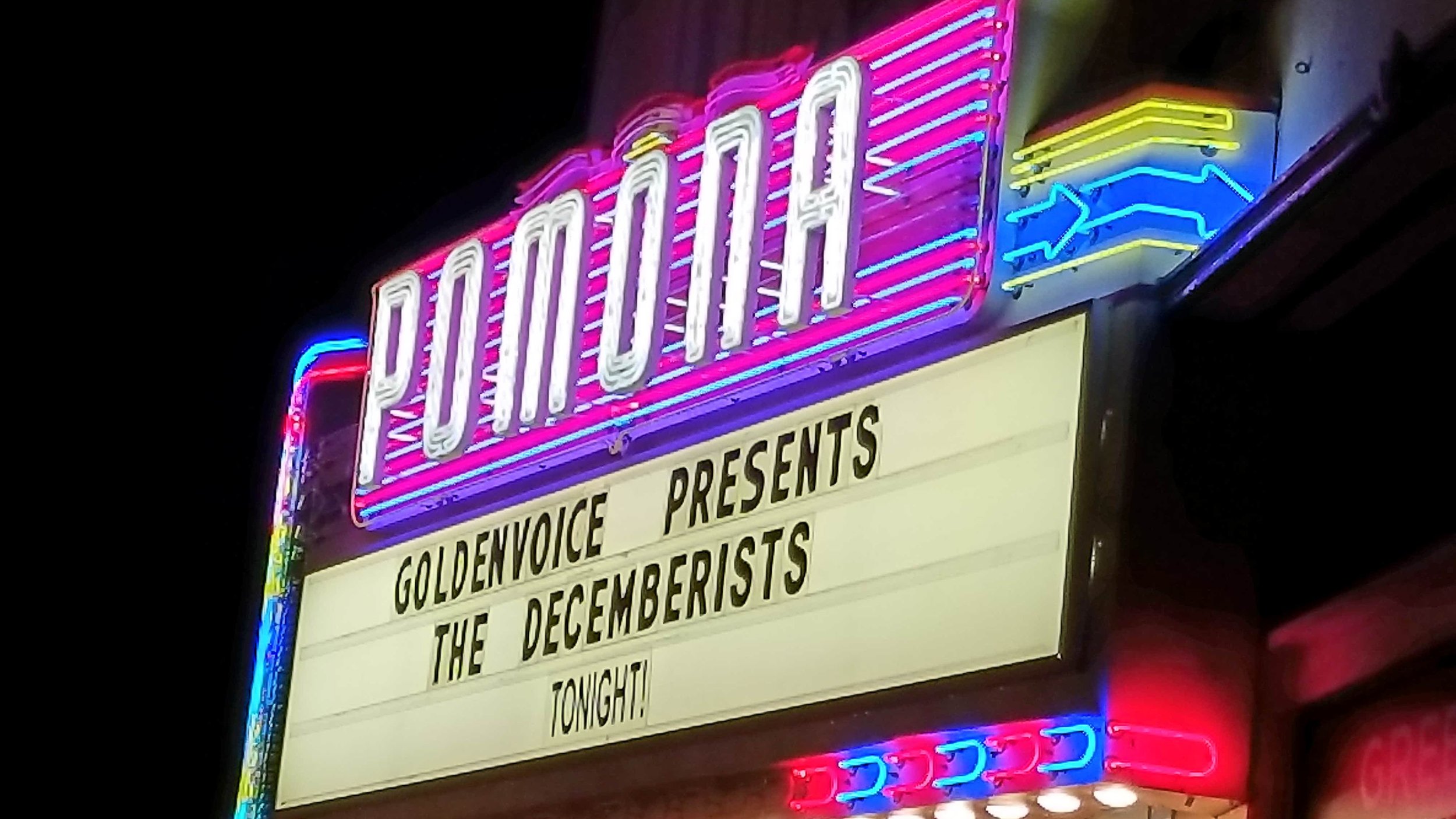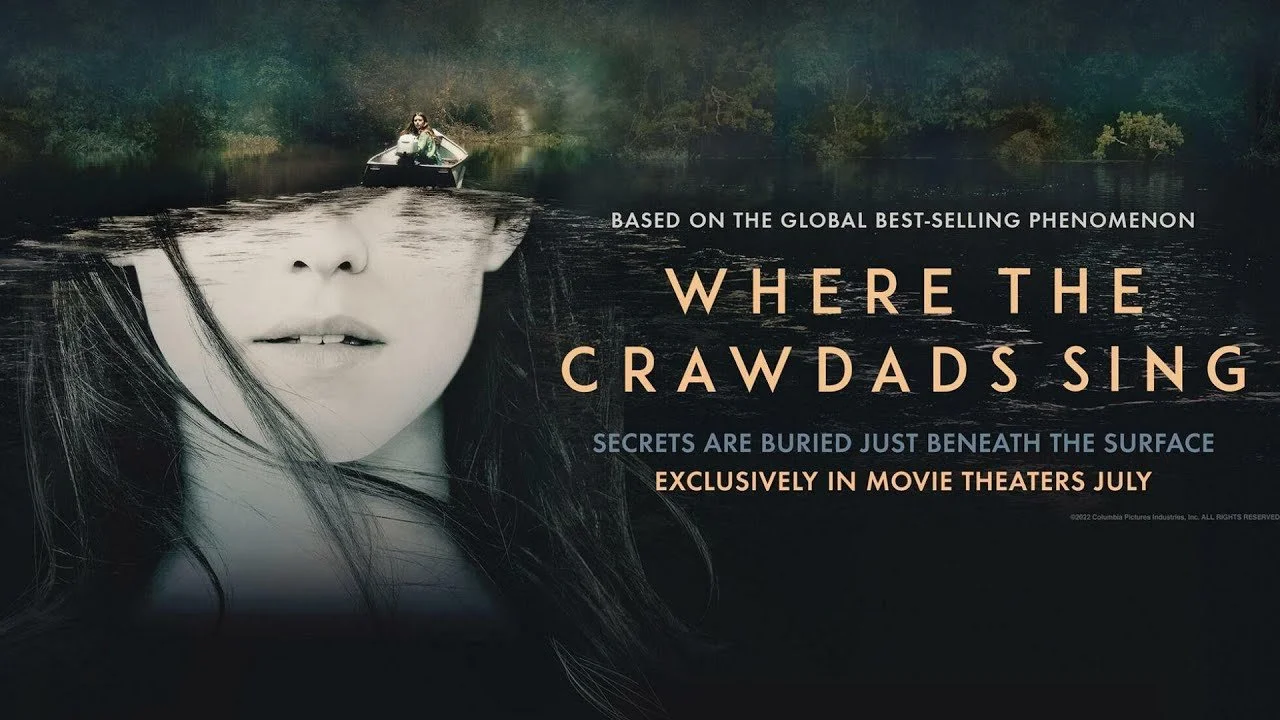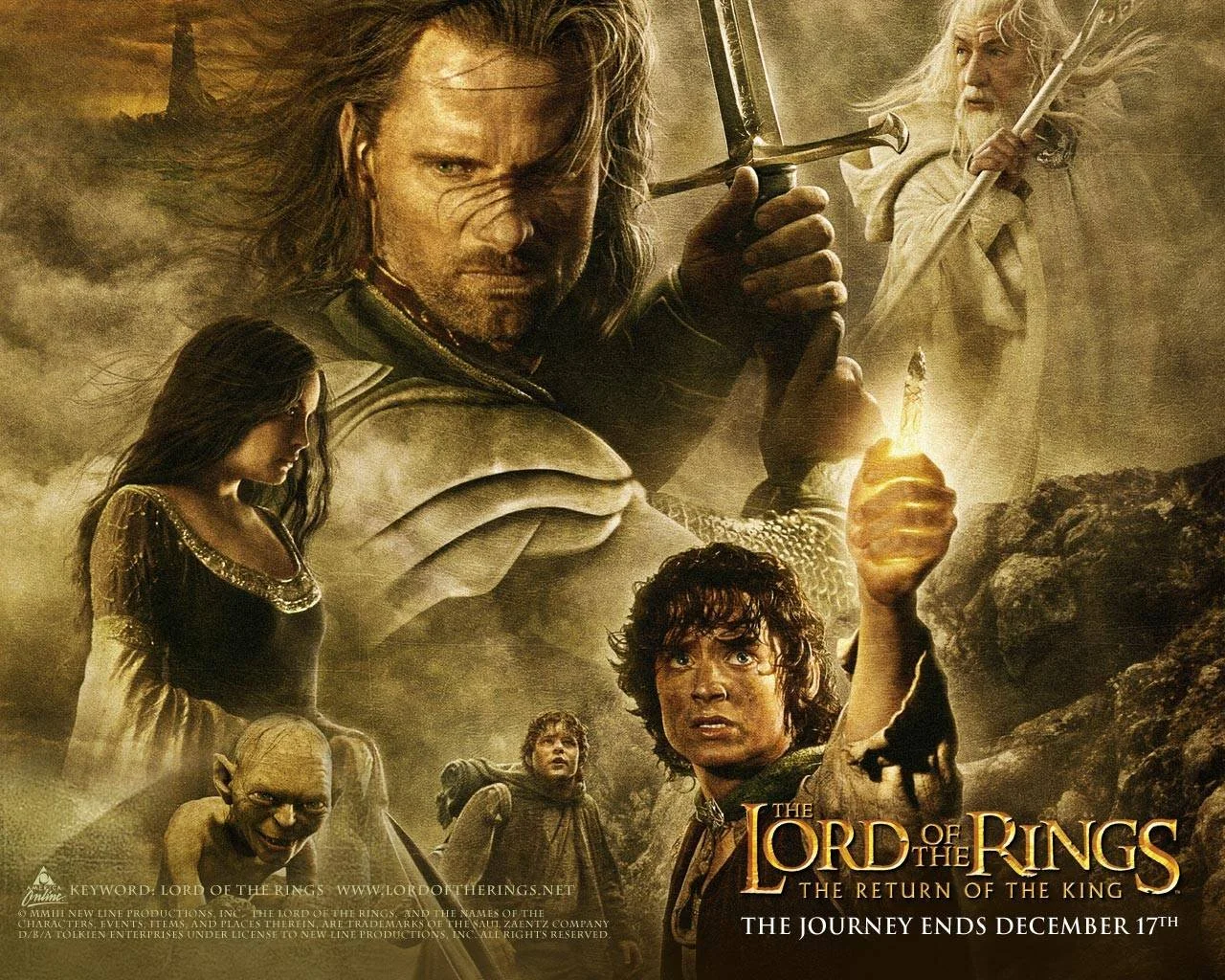Recommendation: 4/5 SHOWTIME
Plot: “A woman who raised herself in the marshes of the deep South becomes a suspect in the murder of a man she was once involved with.” -IMDB
Review: I do not know if Where the Crawdads Sing is a faithful adaptation of the beloved novel (the book and I have not crossed paths yet). I am of the mindset that we are often too quick to judge films based on books without acknowledging the differences between the two art forms. Before beginning this review, I would like to highlight some of those differences.
Nothing in this world is as fantastic as your imagination. When reading, we dig deep into a world created by someone else, but we also color in between the lines with our own experiences. As we watch a movie, we would do ourselves and the filmmakers a favor if we acknowledged we are observing someone else’s imagination brought to the screen.
A novel can take you eight, ten, or twelve plus hours to read. Authors have the luxury of creating worlds dripping with description and countless characters to meet along your journey. Since no audience will tolerate a movie of that length, creators must decide about what to cut and what to save. Something you thought was paramount to the story may be one of those details left on the cutting room floor.
There are countless other reasons adaptations are hard to get right, but these are three I try to keep in mind when watching a movie based on existing source material.
As far as this film is concerned, I think it does a lot of things right. The lessons it tries to teach and the story it successfully tells are much stronger than the areas where it might falter. From its opening scene, it creates a world shrouded in mystery as officers unravel the mysterious murder of a young man found in the marshes on the outsets of Barkley Cove, North Carolina. Desperately searching for answers, they turn their attention to someone standing on the outside of the accepted and expected norm. In their desperation, this film makes its first lesson known. We are too quick to judge those we do not fully understand.
Behind bars and accused of murder, we meet Kya Clark (Daisey Edgar-Jones), or the marsh girl, as the locals call her. Kya is a survivor of domestic violence at the hands of an abusive father battling addiction. As the youngest member of her family, she painfully watches as her mother, and then her siblings one by one, escape the violent wrath of the man leading their household. Left to fend for herself, Kya learns to manage her father’s outbursts of violence and avoid his episodes the best she can. This works for a while until even her own father leaves her utterly alone in the marsh.
Standing in his absence, Kya’s life becomes one of survival. Harvesting mussels to sell at a local shop, she makes ends meet and befriends an African American couple who does all they can to care for the child; all the segregated south will allow. In Kya’s trials, this film reveals its second lesson. In our lust for quick judgements, we often refuse to walk a mile in the shoes of others. Failing to do so means we never fully understand or empathize.
As heavy as the first third of this film is, it gives way to a teenage Kya who is strong, independent, and self-sufficient. Even with all her strength, she is not immune to the longings of the heart. With some innocent flirting thanks to feathers left at a tree stump, she rediscovers Tate Walker (Taylor John Smith), a boy from her youth. He helps her learn to read. Together, they unlock a deep yearning to understand the natural world around them, and a passion between the two defined by teenage love.
As is often the case, Tate must leave as he turns his attention to college. He does with the promise of returning to Kya as much as possible. In a heartbreaking Fourth of July scene, we see Tate fail at his promise. After all that she has endured, this is an act that almost breaks Kya. It makes her vulnerable and fearful of being hurt again. This is when we meet Chase Andrews (Harris Dickinson).
Beginning with the first words he utters on screen, you will distrust everything Chase does. In him, we find a connection to the very beginning of the film. It was Chase’s body found in the muddy marsh. We will spend the rest of the film unraveling the events and accusations that led to him falling from a lookout tower to his death. We will also spend this portion of the film trying to figure out if Kya is the reason he met this fate.
The story and the murder are further complicated by the return of Tate, who has an altercation with Chase concerning Kya. At this point in the story, our worst fears about Chase become known with two scenes that absolutely floored me and broke my heart. Still angry with Tate and attempting to rid herself of Chase, Kya isolates herself once again.
The final third of this film focuses intensely on Kya's trial and the ultimate verdict. The scenes were interesting and a great way to uncover the mystery of the story. I will not spoil the ultimate outcome, or any revelations born in the last scenes. I also will not spoil the standing of the relationship between Kya and Tate. You should discover those things yourself.
Instead, I will leave you with my final thoughts on this film. As a critic, my job is to judge a film for what it is. I will let the lovers of this book judge its attempt at adaptation. I left the theater inspired by Kya. Her strength, wisdom, determination, and survival skills are all something I wish I possessed. There were also solid lessons to be found here about judgement, empathy, and learning to love those standing on the outside of society. I found the mystery holding this film together gripping. It kept me guessing until the very end. It was beautifully shot, and the supporting cast gave it life. In the end, it gave me everything I wanted and so much more. I recommend you give this a chance. If you’ve read the book, enter the theater with a little grace.










